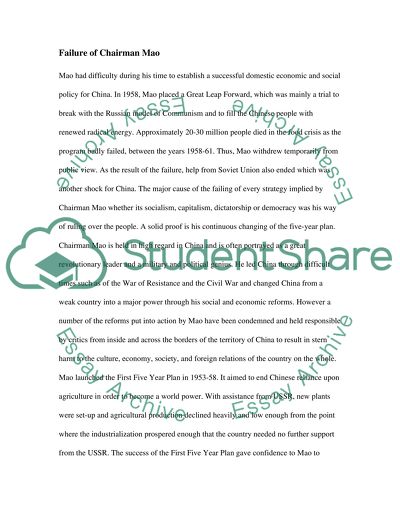Cite this document
(“History of China Essay Example | Topics and Well Written Essays - 1000 words - 1”, n.d.)
History of China Essay Example | Topics and Well Written Essays - 1000 words - 1. Retrieved from https://studentshare.org/miscellaneous/1517588-history-of-china
History of China Essay Example | Topics and Well Written Essays - 1000 words - 1. Retrieved from https://studentshare.org/miscellaneous/1517588-history-of-china
(History of China Essay Example | Topics and Well Written Essays - 1000 Words - 1)
History of China Essay Example | Topics and Well Written Essays - 1000 Words - 1. https://studentshare.org/miscellaneous/1517588-history-of-china.
History of China Essay Example | Topics and Well Written Essays - 1000 Words - 1. https://studentshare.org/miscellaneous/1517588-history-of-china.
“History of China Essay Example | Topics and Well Written Essays - 1000 Words - 1”, n.d. https://studentshare.org/miscellaneous/1517588-history-of-china.


